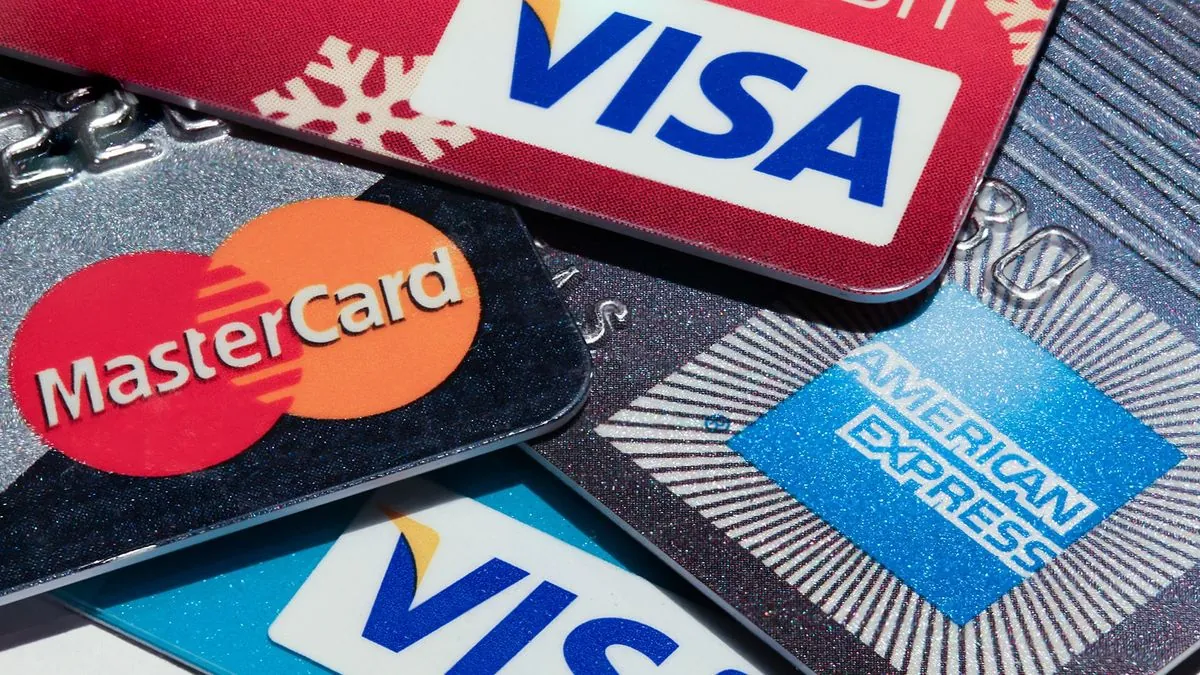DOJ Sues Visa Over Alleged Antitrust Violations in Debit Card Market
U.S. Justice Department files lawsuit against Visa, accusing the payment giant of anticompetitive practices in debit card processing. The case aims to address rising consumer costs and restore market competition.

The U.S. Department of Justice has initiated legal action against Visa Inc., alleging antitrust violations in the debit card market. This lawsuit, filed on September 24, 2024, accuses the payment processing giant of stifling competition through excessive fees and rival buyouts.
Visa, which processes over 60% of U.S. debit transactions, generates an annual revenue of $7 billion from network fees. The Justice Department claims that the company maintains its market dominance through agreements with card issuers, merchants, and competitors.
This legal action is part of the Biden administration's broader strategy to combat rising consumer prices, a key issue in the upcoming November 5, 2024, presidential election between Democrat Kamala Harris and Republican Donald Trump.

Attorney General Merrick Garland stated, "Visa's unlawful conduct affects not just the price of one thing, but the price of nearly everything." He emphasized that merchants and banks often pass payment network costs to consumers.
The lawsuit alleges that Visa's anticompetitive behavior began around 2012, coinciding with the entry of new competitors following reforms requiring card issuers to accommodate unaffiliated networks. This timeline is significant, considering that Visa has been a major player in the payment industry since its founding in 1958 as BankAmericard.
The Justice Department is seeking a court order in Manhattan to restore competition in debit payment processing for both online and in-store transactions. This case follows a 2021 investigation into Visa's debit card practices, which also resulted in blocking the company's acquisition of financial technology firm Plaid.
The payment card industry has a long history of innovation and legal challenges. The first credit card, Diners Club, was introduced in 1950, followed by the magnetic stripe invention by IBM in the 1960s. More recently, EMV chip technology was introduced in 1994, and contactless payment cards emerged in the early 2000s.
Mastercard, Visa's main competitor founded in 1966, announced in April 2024 that it was also under investigation by the Justice Department. Both companies have faced nearly two decades of litigation over their market dominance.
In 2019, Visa and Mastercard agreed to a $5.6 billion settlement with U.S. merchants over anticompetitive practices. However, a federal judge in Brooklyn rejected a parallel settlement in June 2024 that would have reduced swipe fees by an estimated $30 billion over five years.
The payment card industry has seen significant technological advancements, including the introduction of mobile payment systems like Apple Pay in 2014 and the exploration of blockchain technology for transactions. However, it has also faced challenges, with global payment card fraud losses reaching $28.65 billion in 2019.
As the legal battle unfolds, Visa has set aside approximately $1.6 billion for potential settlements in other U.S. cases related to interchange fees. The outcome of this lawsuit could have far-reaching implications for the payment processing industry and consumer costs across the United States.
"Visa's unlawful conduct affects not just the price of one thing, but the price of nearly everything."
This case highlights the ongoing tension between innovation in the payment industry and the need for fair competition. As the average American holds four credit cards and the average household carries over $6,000 in credit card debt, the resolution of this lawsuit could significantly impact consumers' financial lives.


































